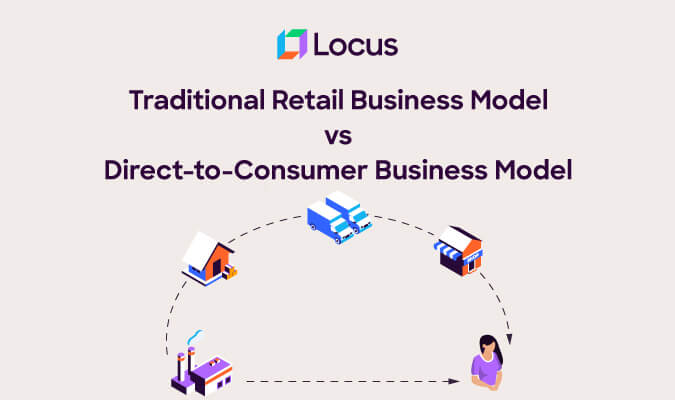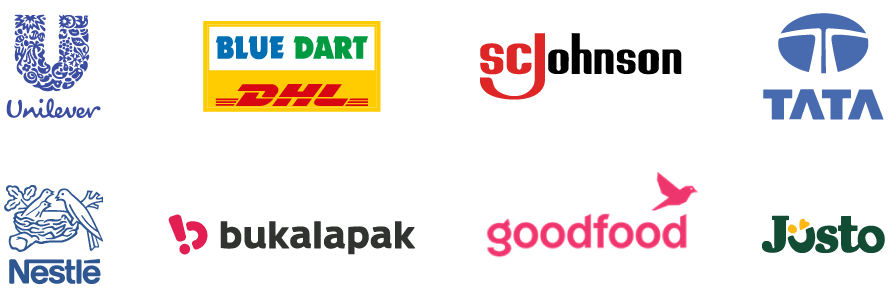Due to the rising market competition in retail, and growing consumer expectations for convenient and faster fulfillment, businesses are adopting various cost-effective and omnichannel distribution models. Direct to Store Delivery or Direct Store Delivery (DSD) is a retail distribution model, where a supplier or manufacturer delivers merchandise directly to retail stores for selling, instead of sending them to warehouses or distribution centers.
This delivery model is gaining popularity among businesses involved in the retail of pharmacy drugs, fresh foods, edible consumer goods such as baked foods, snacks, soft drinks and beverages, organic farm produce, and locally produced alcohol, etc.
The business benefits of embracing the Direct-to-Store Delivery (DSD) model



How can Locus help manage your logistics?
Join Industry Leaders:


